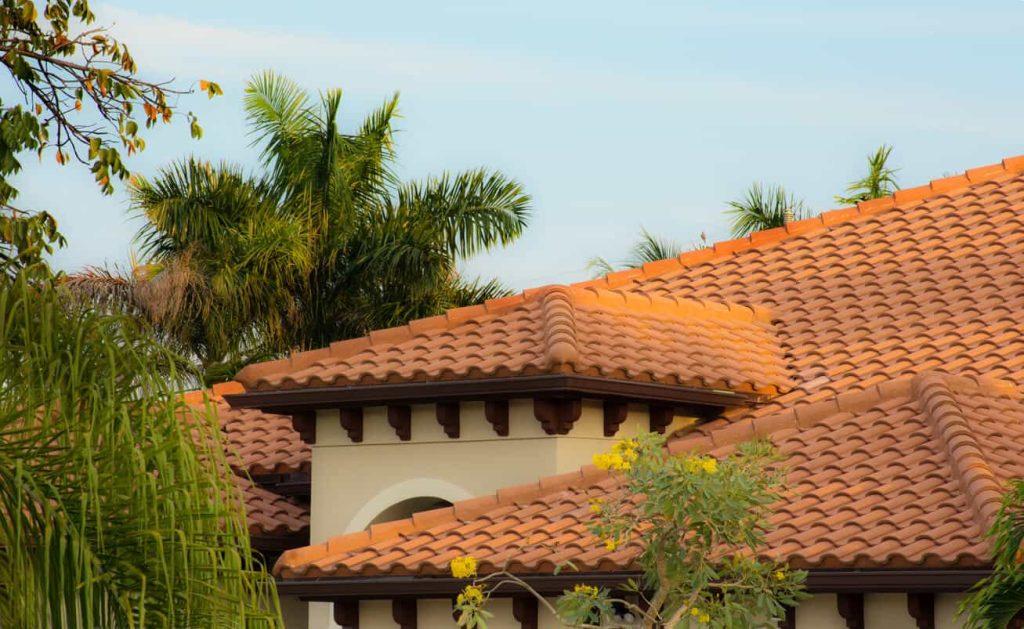In the sunshine state of Florida, the climate can be particularly harsh on residential structures, and your roof is no exception. As a homeowner in Florida, you might be wondering, “How long should a shingle roof last in this unique climate?” In this article, we will delve into the factors that affect the lifespan of shingle roofs in Florida, offering insights and tips for ensuring your roof stands up to the elements.

Understanding Florida’s Climate
Florida’s climate is characterized by high temperatures, intense sunlight, and frequent rain, making it quite different from the conditions in many other states. Here are the main factors that influence shingle roof longevity in Florida:
1. Intense Sun Exposure
Florida experiences an abundance of sunshine throughout the year. The sun’s UV rays can take a toll on the shingles, causing them to deteriorate and lose their protective granules over time.
2. High Humidity
Florida’s high humidity levels can contribute to the growth of algae, moss, and mold on your shingles. This not only affects the appearance of your roof but can also lead to damage if left untreated.
3. Frequent Rainfall
Florida is known for its frequent and sometimes heavy rainfalls, which can lead to water infiltration and moisture-related issues if the roof is not properly maintained.
4. Hurricane and Storm Risk
Florida is prone to hurricanes and severe storms, which can subject your roof to high winds, flying debris, and potential damage. Ensuring your shingle roof is wind-resistant is crucial.
Shingle Roof Longevity in Florida
The lifespan of a shingle roof in Florida can vary depending on multiple factors, including the type of shingles, the quality of the installation, and the level of maintenance. Here are some estimates for shingle roof longevity in the Florida climate:
1. Asphalt Shingles
Asphalt shingles are commonly used in Florida due to their affordability and versatility. On average, asphalt shingle roofs in Florida can last anywhere from 15 to 20 years. However, some high-quality asphalt shingles may have a lifespan of up to 30 years with proper maintenance and occasional replacements.
2. Metal Shingles
Metal shingles are more durable and can withstand Florida’s harsh climate better than traditional asphalt shingles. They typically have a lifespan of 30 to 50 years or more, depending on the type of metal used and the quality of installation.
3. Tile Shingles
Tile shingles, such as clay or concrete tiles, are known for their longevity and ability to withstand Florida’s climate. With proper maintenance, tile shingle roofs can last 50 years or more.
Tips for Prolonging Shingle Roof Lifespan
To ensure your shingle roof lasts as long as possible in Florida, consider the following tips:
- Regular Inspections: Schedule annual roof inspections to identify and address any issues promptly.
- Routine Maintenance: Keep your roof clean and clear of debris, and address any algae or moss growth promptly.
- Wind-Resistant Shingles: If you’re in an area prone to hurricanes, consider investing in wind-resistant shingles to protect your roof during storms.
- Professional Installation: Ensure your roof is installed by experienced professionals to prevent issues that can shorten its lifespan.
Conclusion
The longevity of a shingle roof in Florida is influenced by various factors, but with the right type of shingles, proper maintenance, and attention to the unique challenges posed by the Florida climate, your roof can provide reliable protection for many years. Whether you have asphalt, metal, or tile shingles, proactive care and maintenance are key to extending the lifespan of your roof and safeguarding your home from Florida’s weather challenges.



Leave a Reply